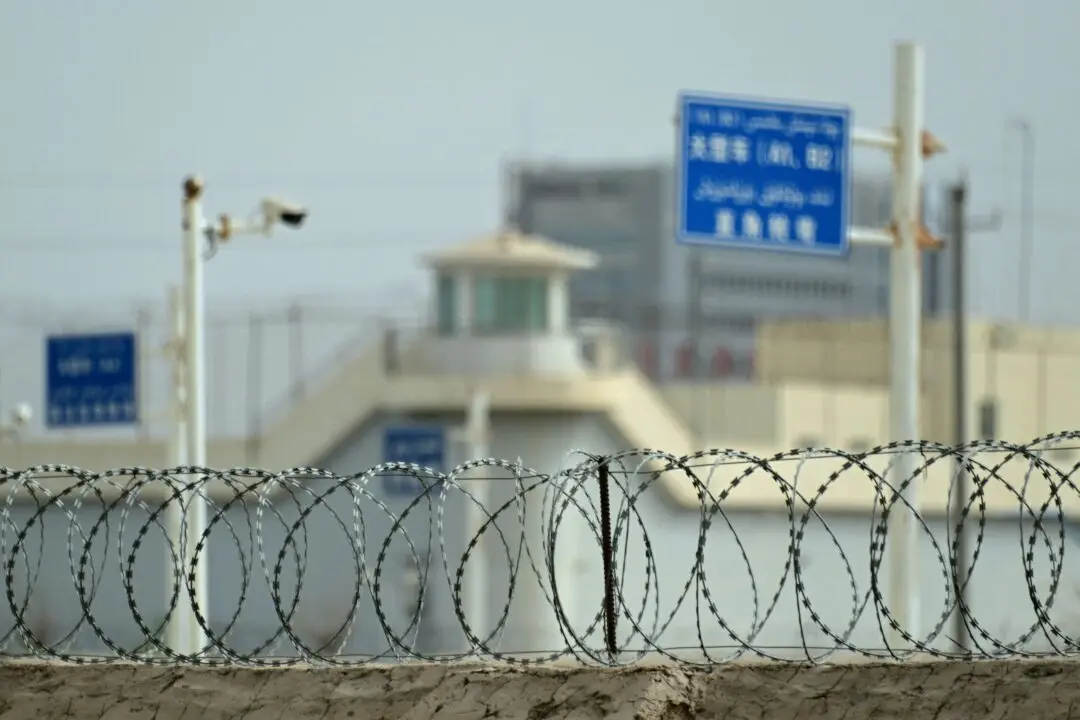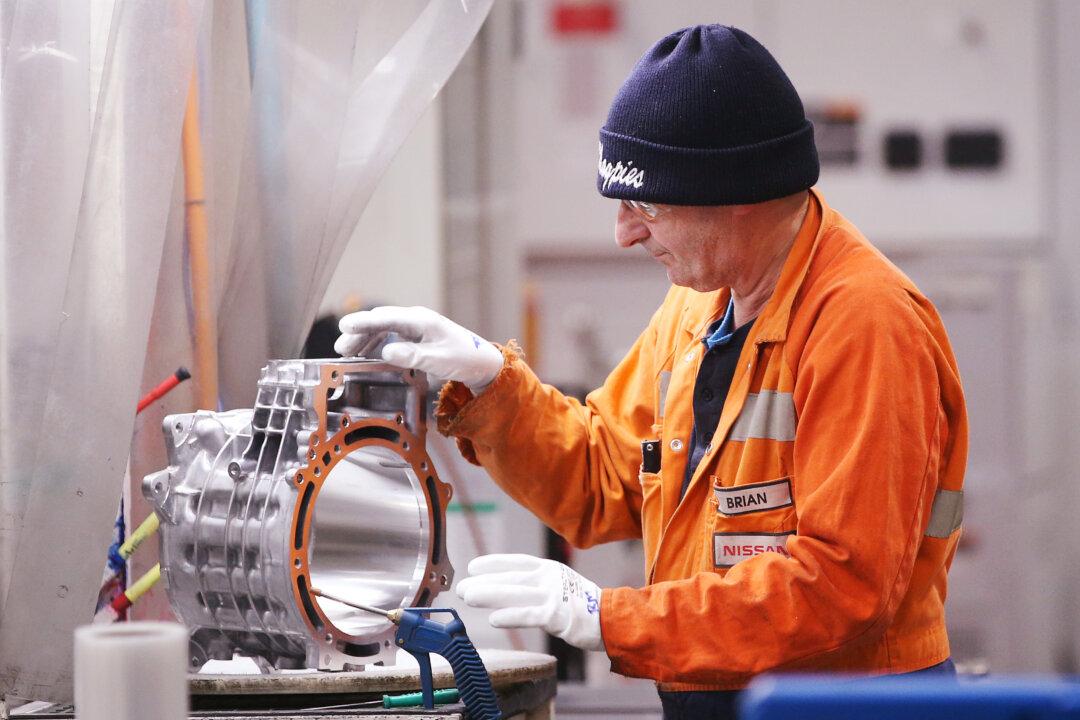An Australian mining company with links to China has been subject to a state government inquiry for selling lithium around 70 percent below the current market prices despite being under administration.
The Controversial Contract
According to contract documents seen by The Australian, before resuming production in 2022, Alita entered into a five-year sales agreement with a Hong Kong-registered company, which required it to ship lithium concentrate directly to China.Under the contract, Alita will sell spodumene concentrate, which contains six percent of lithium, to its Chinese customers for $US800-$US1,500 a tonne. The final prices may be lower if the product does not meet certain specifications.
In March 2022, Benchmark Mineral Intelligence reported that the average price of spodumene concentrate was around US$1,800, with top-end products reaching as high as US$4,725 a tonne.
In other words, Alita Resources’ Chinese customers will get a huge windfall if the company goes ahead with the contract and does not renegotiate prices.
This comes as the company is currently indebted and subject to an administration.
Regarding the pricing practice, Lithco defended its decision to sell lithium concentrate at low prices, saying the company negotiated the long-term contract on the basis of securing the financial longevity of the project.
Alita Resources’ Links to China
Alita Resources entered into voluntary administration in late August 2019 due to business difficulties.After acquiring Alita’s debts, CHE applied to the Foreign Investment Review Board (FIRB) to take over the company but later withdrew the application due to the Australian government’s scrutiny of the deal.
Austroid is now waiting for approval from the FIRB to complete the takeover process of Alita.
Strong Global Demand for Lithium
Alita’s underselling of lithium comes as the demand for the rare earth mineral remains strong because of a surge in the sales of electric vehicles (EVs) globally.According to the latest Resources and Energy Quarterly report by the Office of the Chief Economist, global sales of all types of EVs soared by 40 percent in the nine months to September 2022 compared to the previous year.
The report forecasted that the global demand for lithium would rise by over 40 percent in the next couple of years, from 745,000 tonnes in 2022 to 1,091,000 tonnes by 2024.
“A supply gap is forecast to persist over the outlook period, with total supply from both mine and brine operations currently insufficient to meet demand,” the report said.
“With new lithium projects being developed rapidly, the supply gap is expected to reduce over the outlook, but will take time to close.”
Currently, Australia is the world’s largest exporter of lithium, which accounts for 46 percent of global lithium production in 2021.
Around 80 percent of lithium produced globally is used to make rechargeable batteries, while 13 percent is for making ceramics and glass.





